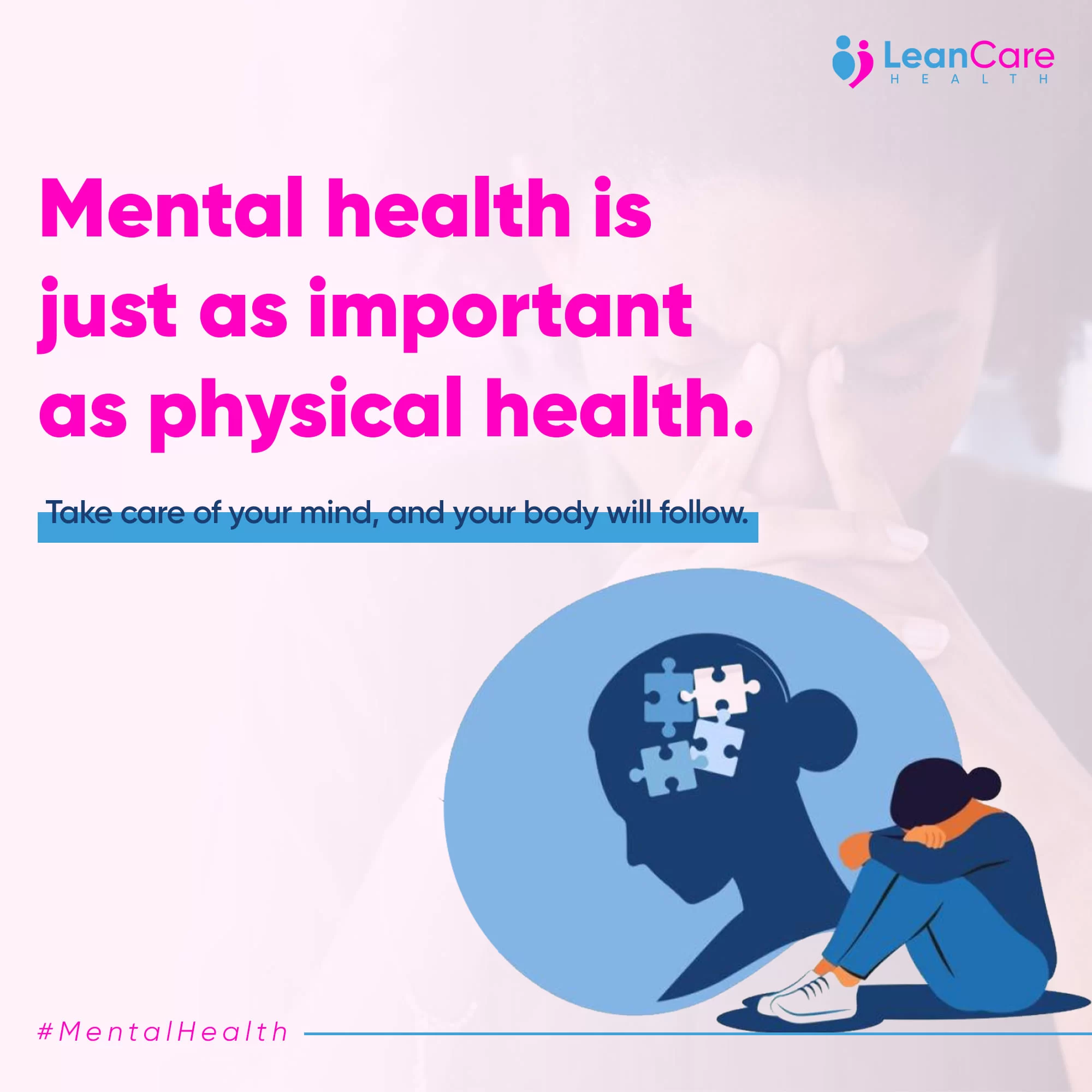Understand how diabetes impacts eye health, including diabetic retinopathy, macular edema, glaucoma, and cataracts. Learn about symptoms, prevention, and the importance of regular eye exams.
The Hidden Costs of Diabetes
Maria, a 50-year-old teacher, had lived with type 2 diabetes for eight years. She managed her blood sugar levels well but rarely prioritized her eye health. When Maria noticed blurry vision and difficulty reading, she attributed it to ageing. A visit to her optometrist revealed diabetic macular edema, an advanced stage of diabetic eye disease that could have been caught earlier through regular eye exams.
Maria’s story highlights a harsh reality—diabetes silently impacts the eyes, often without symptoms until severe damage occurs. Early detection and proactive care are essential for preserving vision.
How Diabetes Affects Vision
Diabetes affects the body’s systems, and the eyes are not exempt. High blood sugar progressively affects the small blood vessels in the retina and other portions of the eye. This could, in the long run, result in a group of diseases collectively referred to as diabetic eye disease, one of the main causes of vision impairment and blindness in adults.
Diabetic Eye Diseases and Complications
- Diabetic Retinopathy: High blood sugar over time negatively impacts the retina’s blood vessels by bulging, rupturing, or becoming constricted. In the later stages, they develop high-risk angiogenesis vessels and the risk of severe vision loss occurring.
- Diabetic Macular Edema (DME): This condition arises from fluid accumulation inside the macula, the small central area in the retina. DME can affect vision and cause it to be blurry or distorted, arguably the most compelling effects manifesting in patient encounters with tasks requiring strong vision, such as reading or driving.
- Glaucoma: Diabetic patients are twice as likely to get glaucoma, a severe eye condition that occurs when high pressure in the eye harms the nerve at the back of the eye. Untreated glaucoma leads to blindness of the affected eye or eyes.
- Cataracts: Diabetes mellitus doubles the possibility of developing cataracts at a younger age than the standard generation. Covering the eye’s lens with a substance resembling a milk droplet causes this condition to dim or blur vision.
Symptoms to Watch For
Diabetic eye disease often develops silently, with no symptoms in its early stages. By the time symptoms appear, the damage may already be significant. Look out for:
- Blurred or fluctuating vision
- Dark spots or floaters
- Poor night vision
- Vision loss in one or both eyes
- Eye pain or redness
Preventing Vision Loss in People with Diabetes
While diabetes can significantly impact your vision, proper care and lifestyle adjustments can help prevent or slow its progression.
- Manage Your Diabetes: Maintain your blood sugar, blood pressure, and cholesterol as close to their normal levels as possible. This decreases your chances of damaging your eye’s blood vessels should some pressure be applied.
- Annual Eye Exams: Dilated eye examinations on schedule also allow us to identify changes within the organ and begin the corresponding therapy immediately. Diabetic retinopathy can be entirely averted by addressing it when it has just started, and it can lead to 95% vision loss.
- Adopt Healthy Habits: One should also drink adequate amounts of water, eat foods with plenty of green vegetables and omega-3 fatty acids, engage in reasonable exercise, and avoid smoking. These are good habits for general well-being and ophthalmologic health.
- Monitor Symptoms: If you start to experience changes to your vision, speak to your doctor.
The Importance of Early Detection
The good news is that diabetic eye disease is preventable and easily controllable if diagnosed early. Sophisticated procedures such as lasers, injections, and surgeries can alleviate this problem, but they have a better prognosis if applied early in the disease.
At LeanCare Health, we ensure that our patients are aware of diabetic eye disease and can manage their eyes properly. Follow us at https://www.facebook.com/profile.php?id=61558545751469&sk=about and https://www.instagram.com/leancarehealth/ for tips, updates, and resources. Contact us at https://leancarehealth.com/contact-us/ to learn more about our services. Together, we can ensure that diabetes does not prevent a lifetime of clear vision.
